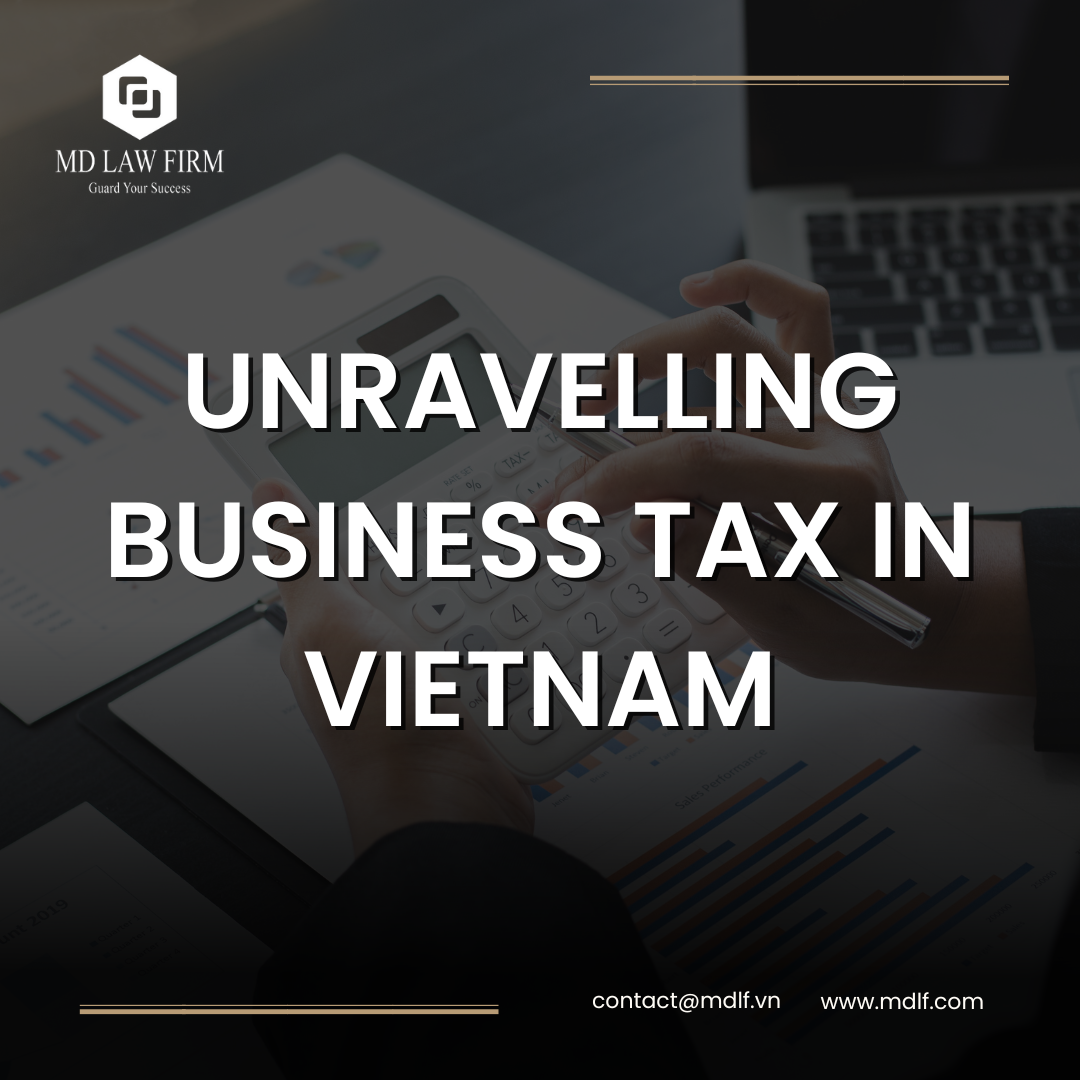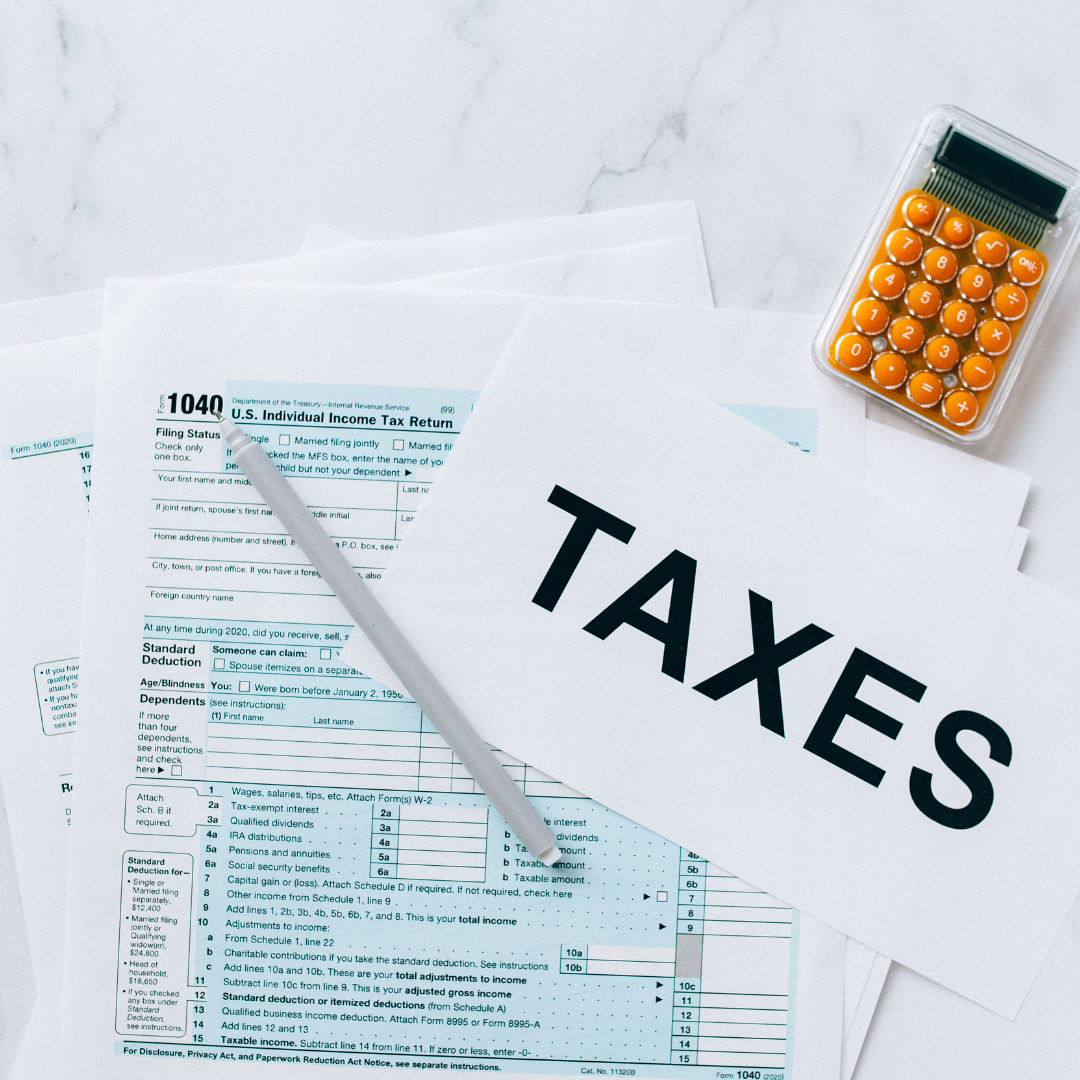
Vietnam has emerged as an attractive destination for business ventures, offering a conducive environment for both local and foreign entrepreneurs. Understanding the intricacies of business tax in Vietnam is essential for companies to ensure compliance and optimise their financial operations. In this article, we will delve into the key aspects of business tax in Vietnam, shedding light on the regulations, obligations, and benefits that enterprises should be aware of.
Business Tax Framework in Vietnam
Here are the primary taxes for businesses and individuals in Vietnam:
Corporate Income Tax (CIT)
CIT is calculated on the profits earned by businesses in Vietnam. The standard CIT rate is 20%, but certain industries and investment projects may qualify for preferential tax rates. Understanding the criteria for eligibility and proper calculation methods are crucial to optimising tax liabilities.
Value Added Tax (VAT)
VAT is imposed on the sale of goods and provision of services in Vietnam. The standard VAT rate is 10%, but there are reduced rates of 5% and 0% for specific goods and services. Businesses must understand the VAT registration requirements, tax invoicing, and filing obligations to comply with VAT regulations.
Personal Income Tax (PIT)
PIT is applicable to the income of individuals working in Vietnam, including both residents and non-residents. The tax rates for PIT range from 5% to 35%, depending on income brackets. Employers have the responsibility to withhold and remit PIT for their employees, while individuals must be aware of their obligations if they have other sources of income.
Foreign contractor tax (FCT)
According to circular 103 regulation, a foreign contractor refers to a foreign entity or individual engaged in business activities or earning income in Vietnam under an agreement with either a Vietnamese party or a foreign subcontractor. The Vietnamese party involved can be any entity, whether state-owned, domestic, or foreign-owned, that is registered to conduct business within Vietnam. On the other hand, a foreign subcontractor is a foreign entity or individual that provides services to a foreign contractor or undertakes a portion of the work on behalf of the foreign contractor. For the purpose of simplicity in this article, both a foreign contractor and a foreign subcontractor will be collectively referred to as a “Foreign Contractor.”
Special sales tax (SST)
Special Sales Tax (SST) is an excise tax in Vietnam that applies to selected goods and services. It includes items like cigars/cigarettes, spirits, wine, beer, automobiles, motorcycles, air conditioners, airplanes, and petrol. SST is charged at the production or importation stage for goods, with imported goods subject to SST at both import and selling stages. Rates range from 7% for petrol to 75% for cigars/cigarettes.

Tax Compliance and Reporting Obligations
To ensure compliance with Vietnam’s tax regulations, businesses must fulfil certain obligations. Here are the key compliance requirements:
Tax Registration
Upon establishing a business presence in Vietnam, companies must register for tax purposes with the tax authorities. This registration process involves obtaining a tax identification number and fulfilling any specific requirements based on the business type and activities.
Tax Returns and Payments.
Businesses are obligated to file regular tax returns, including VAT returns, CIT returns, and payroll-related returns for PIT. It is crucial to accurately report income, expenses, and other relevant information to meet the filing deadlines and settle tax liabilities promptly. This is important to company for business tax in Vietnam
Accounting and Record-Keeping.
Maintaining proper accounting records and supporting documentation is essential for tax compliance. Businesses must keep records of income, expenses, and transactions for a specific period as required by law. These records serve as the basis for preparing accurate tax returns and responding to any tax audits or inquiries.
Tax Incentives and Exemptions
Vietnam offers various tax incentives and exemptions to promote investment and economic growth. These incentives may include tax holidays, reduced tax rates, or exemptions for specific industries, regions, or investment projects. To qualify for these incentives, businesses must meet specific criteria and obtain approval from the relevant authorities. Being aware of these incentives and understanding the application process can significantly benefit businesses seeking to optimise their tax positions.

Business tax in Vietnam. Is it ideal compared to other countries?
Let’s compare some corporate tax rates from around the world.
Vietnam: 20%
Singapore: Singapore offers a low corporate tax rate of 17% and various tax incentives for businesses, making it a popular choice for international companies looking to expand in Asia.
France: France has a progressive CIT system, with rates ranging from 15% to 31% for different income brackets.
United States: The United States has a federal CIT rate of 21%, but additional state and local taxes may apply, resulting in varying effective tax rates across different regions.
Brazil: Brazil has a standard CIT rate of 15%, but certain sectors may face higher rates reaching up to 34%.
Japan: Japan has a CIT rate of 23.2%, and local taxes can bring the effective rate to around 30% for larger companies.
Hong Kong: Hong Kong is known for its simple and low-tax regime, with a corporate tax rate of 16.5% and no capital gains tax or VAT, attracting businesses from various industries.
UK: Smaller entities with profits of up to £50,000 will remain at the previous 19 per cent rate. All other businesses that file profits of £50,001 and above but below £250,000 will receive marginal relief of 26.5 per cent.

Conclusion
Navigating the business tax in Vietnam is essential for companies aiming to operate successfully and compliantly in the country. MD Law Firm offers professional accounting services designed to help companies meet their financial reporting obligations in Vietnam. Our team provides comprehensive accounting solutions, allowing business leaders like you to concentrate on developing growth strategies and expanding your business.
Please keep in mind that the rates for business tax in Vietnam and other countries sometimes change so please contact us for updated information.
[INSERT_ELEMENTOR id=”1017″]
